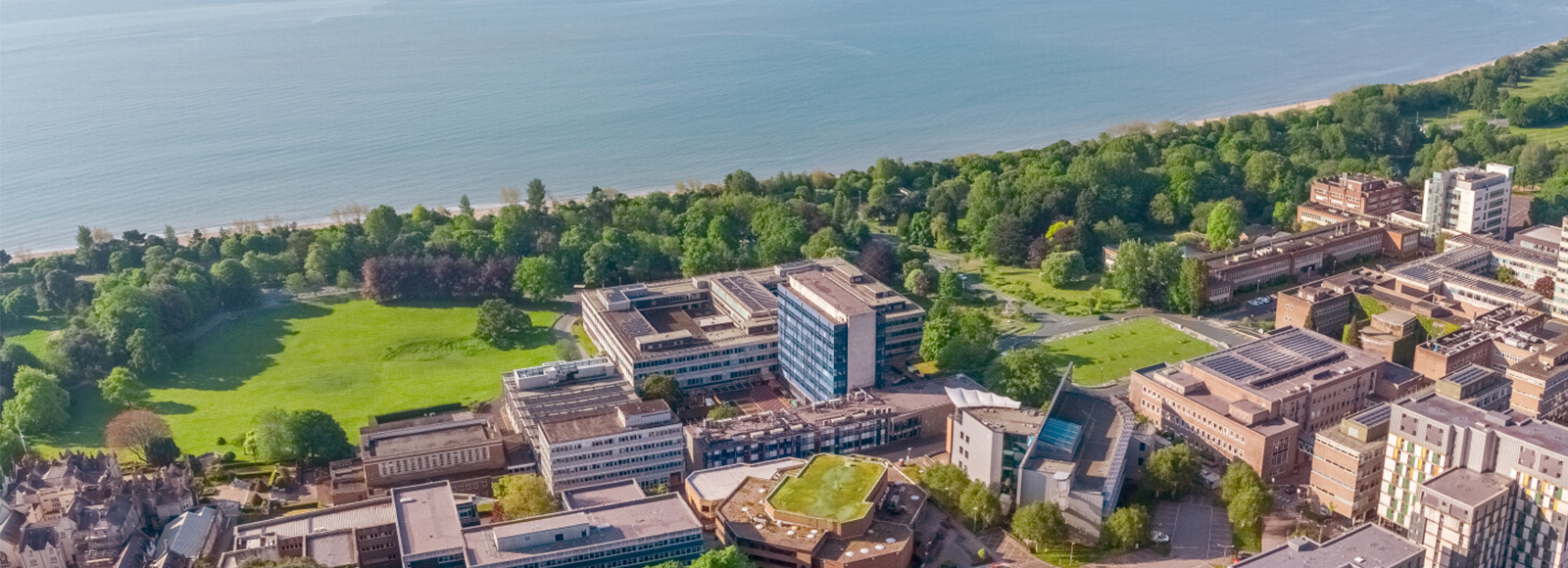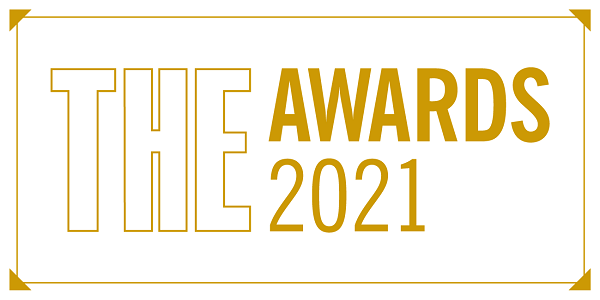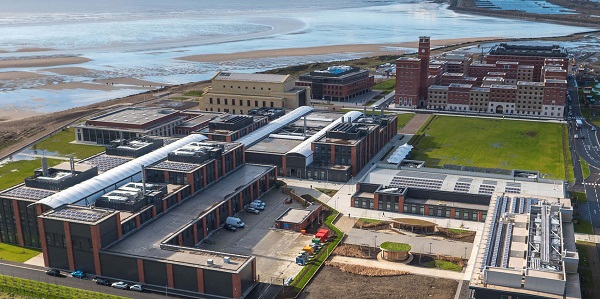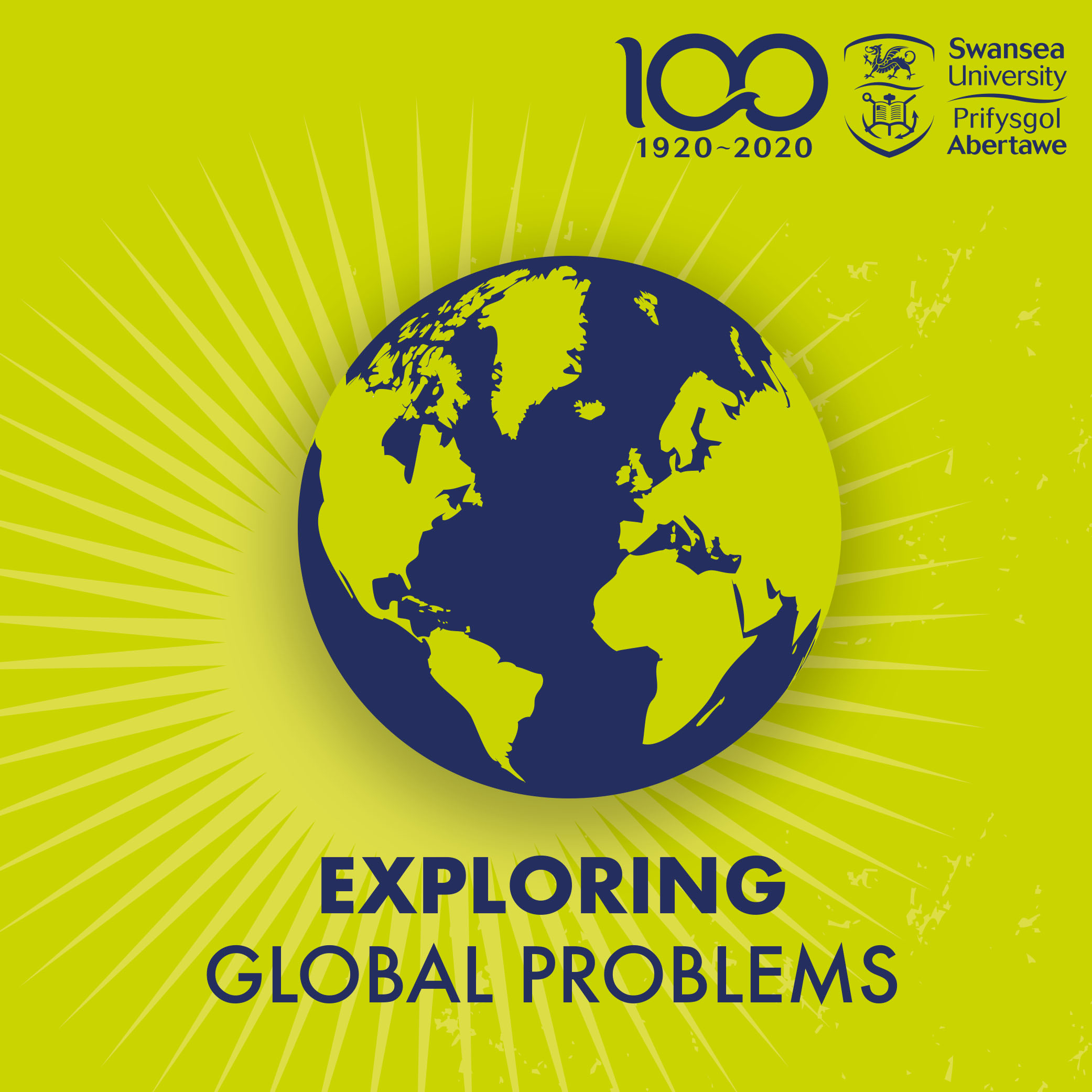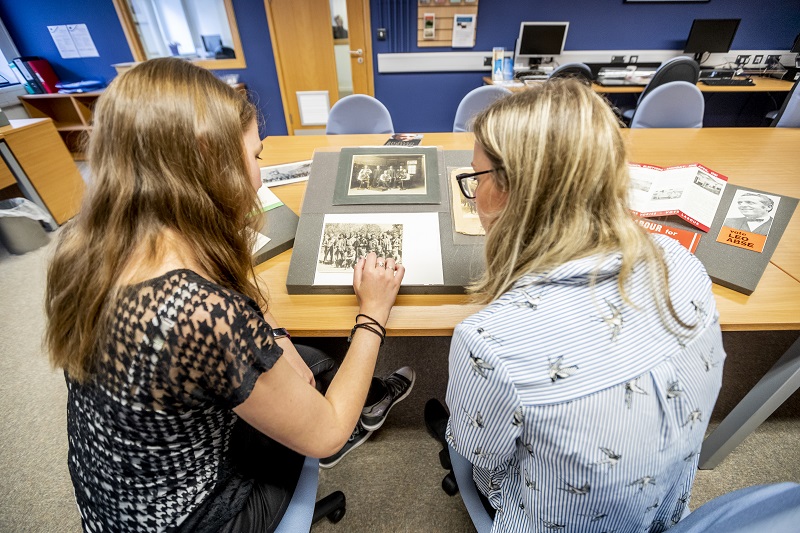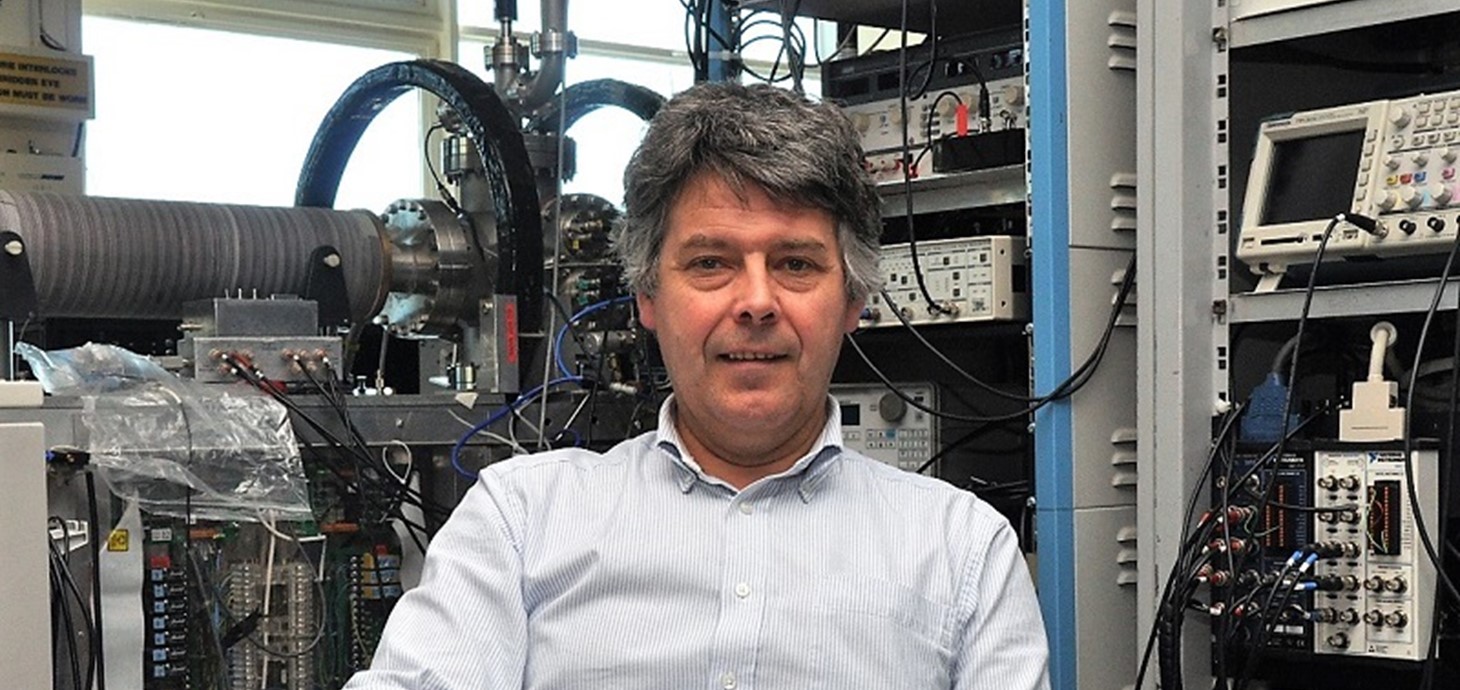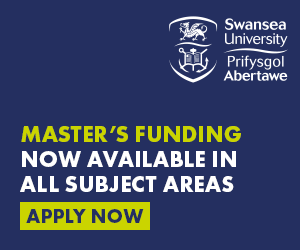Do you have a degree in cell and molecular biology, biochemistry, genetics, pharmacology, pharmacy, medical engineering or physics? Do you have aspirations to apply this knowledge in the medical or life sciences field? Nanomedicine could be the degree for you. Enhance your career prospects by studying Nanomedicine.
Nanomedicine is the interface of clinical medicine, pharmaceutics, regenerative medicine and nano(geno) toxicology. Increasing demand and awareness of nanotechnology applications in Medicine has lead to the emergence of Nanomedicine. Capitalising on the £22m infrastructure investment in the Centre for Nanohealth (CNH).
Suitable for anyone with a life sciences facing degree who is targeting industry facing employment in pharma or research careers through PhDs, students will tackle nano-enabled innovation in molecular medicine, drug development, advanced drug delivery and imaging/diagnostics. Pharmaceuticals and advanced therapeutics is embedded across these themes. In addition we have two focus areas, being Regenerative medicine (incorporating biomaterials) and nano(geno) toxicology which map to the core research themes of the School. These areas are furnished by expertise from the colleges of engineering and science, culminating in a multidisciplinary laboratory based research project underpinned by dedicated statistics/informatics modules and research design/ethics.
WHY NANOMEDICINE AT SWANSEA UNIVERSITY?
You will be taught by world-leading academics and research scientists bringing together disciplines including engineering, science and medicine in our world-class research facilities, the Institute of Life Science. Nanomedicine students will engage with clinicians through established partnerships with local Health Boards whilst benefiting from access to our £100million Institute of Life Science, which is ranked top 5 for overall research quality (REF2021). Joined by clinicians, industry leaders and experts in research innovation and technology transfer, the MSc in Nanomedicine offers a unique opportunity to study and play a role in the significant contributions that nanotechnology is bringing to advances in the diagnosis, treatment and prevention of disease.
Through close relationships with the British Society for Nanomedicine, we will allow our top students to study abroad in line with our international strategic partnerships. Many of our students have progressed to study Graduate Entry Medicine, or gone into research roles to complete a PhD. The close multidisciplinary relationships with research projects such as PATROLS, CALIN and the Institute of Life Science allows our students to establish relationships and network with academics across the breadth of research in the Medical School.








